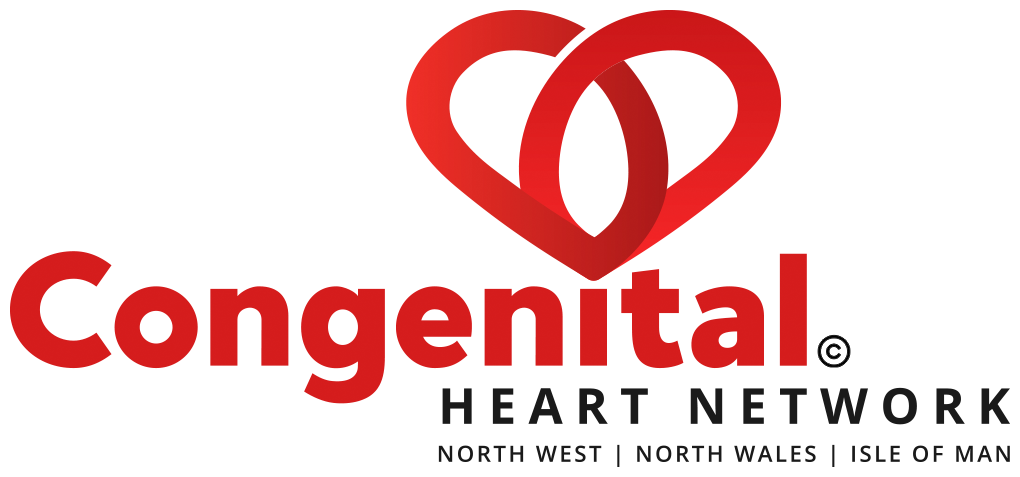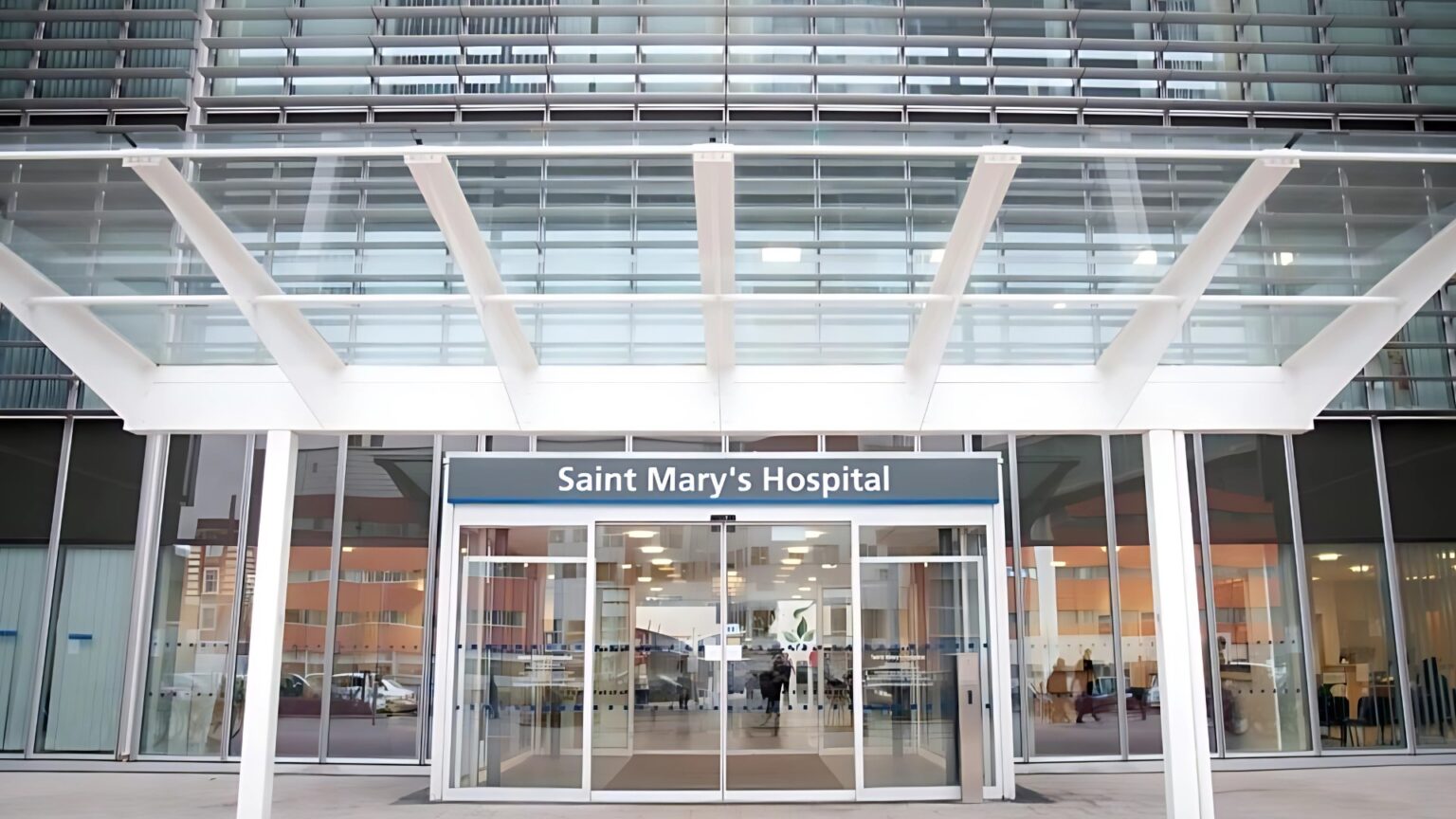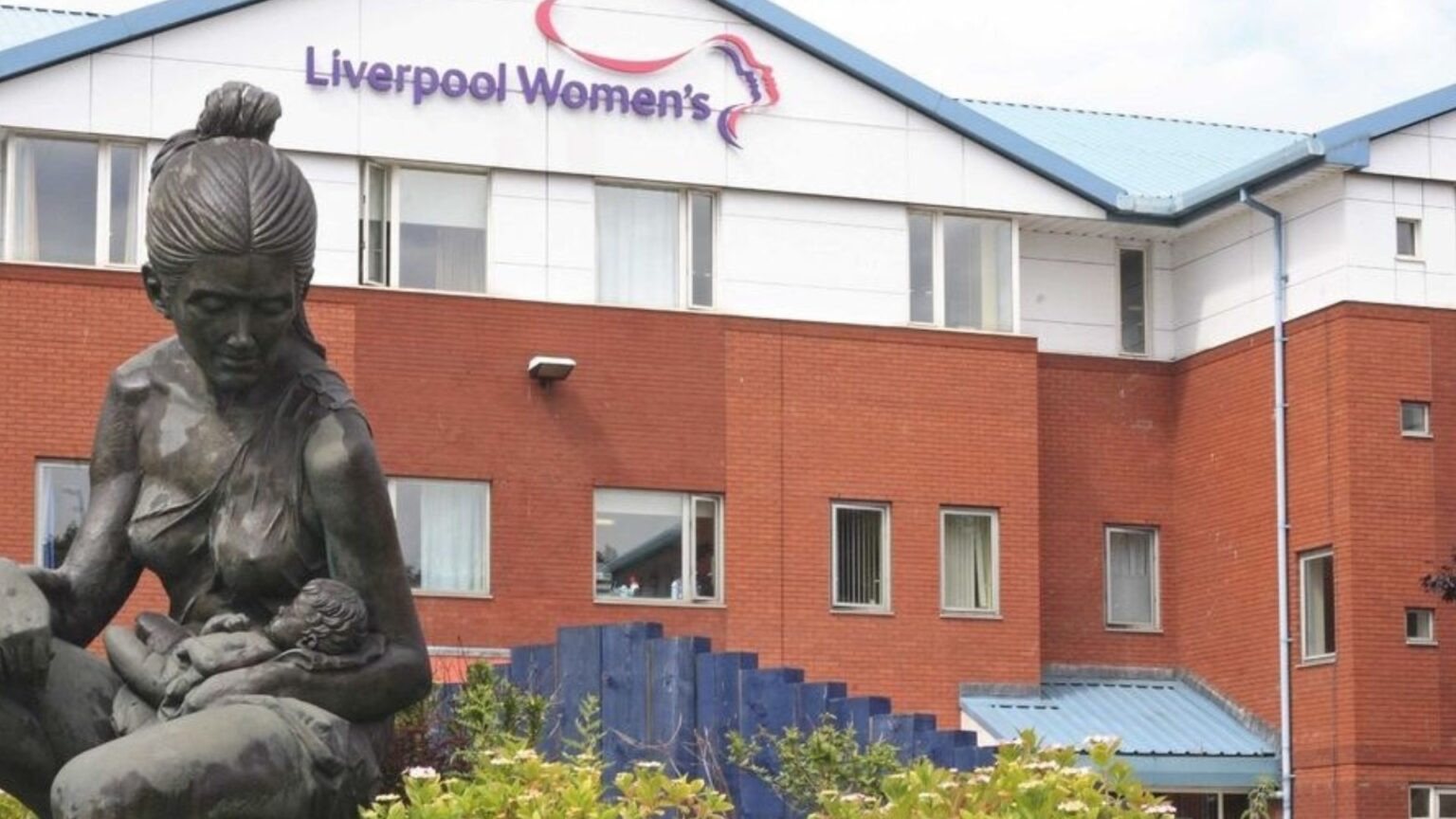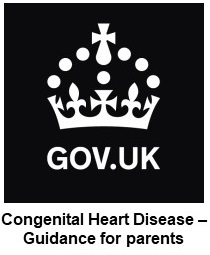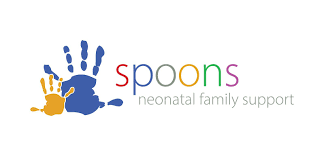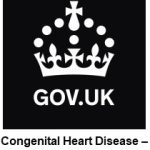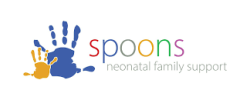A heart problem before your baby is born

What is a congenital heart problem?
1. Problems with how the heart has formed in early pregnancy causing abnormal “plumbing”
2. Problems with the electrical activity causing heart rhythm problems
3. Problems with how the heart muscle pumps causing it to become weak
Congenital heart disease can range from very simple defects that may not cause a problem (such as small holes in the heart) to very serious defects that may be life threatening. Heart conditions vary and may be very complicated. Finding out that there is a problem with your baby’s heart early in your pregnancy allows you to think about what you would like to do. It is important to plan for when your baby arrives and how they should be cared for after they are born. This makes sure that your baby is given the best possible care, by the right people in the right place.
A national charity supporting families and staff. They want to improve the number of babies found to have a heart problem before they are born. By finding out about serious heart conditions early they can help to improve how they are cared for.
Click here to go to the Tiny Tickers website.
What to do if you are pregnant?
You will need to let your GP know and book into your local pregnancy services as normal.
You will need to let your GP know and book into your local pregnancy services as normal.
You will also need to let the cardiac maternity service in either Liverpool or Manchester know that you are pregnant. If you don’t know how to do this, then call the Adult Congenital Heart (ACHD) Team on 0151 254 3333 and let them know that you are pregnant. They will arrange for you to be seen in your nearest joint cardiac maternity clinic.
It is important to tell your cardiac maternity service or the ACHD Team about any medication you are taking. This is to make sure they are safe to take whilst you are pregnant. It is very important if you are taking tablets to thin the blood, for example a drug called Warfarin. They will ensure that you receive an urgent appointment to check.
How do we find out that your baby has a heart problem?
Every pregnancy carries a small risk of having a baby with a heart problem. For most people, the 20-week scan will help to reassure you that your baby is developing normally. This scan will check that your baby’s heart is developing as expected. Many heart problems can be picked up at this 20-week scan, but it is not possible to pick up every heart problem.
This 20-week scan will be performed at your local hospital. It normally takes about 30 minutes and does not cause any harm to you or your baby. The person performing the scan is called a Sonographer. They are trained to recognise what is normal. When they see a problem, they might not be able to tell you what it is they have seen or what it means at the time of the scan.
How do we find out that your baby has a heart problem?
You have been told there might be a problem with your baby's heart, what happens next?
You will be referred to a Specialist Fetal Cardiology Team to find out more about your baby’s heart problem. Fetal Cardiology Teams specialise in looking after babies with a heart problem before they are born. These clinics take place in Fetal Medicine Departments. In the North West of England, North Wales and the Isle of Man there are two hospitals who provide this specialist service. They are based at either The Liverpool Women’s Hospital or St Mary’s Hospital in Manchester. At these clinics you may meet the following people:
A Consultant Cardiologist (heart doctor) who specialises in heart problems that are found before the baby is born
A Specialist Midwife who is trained to look after and support pregnant women who have been told there is a problem with their unborn baby
A Fetal Cardiac Nurse Specialist who is trained to support pregnant women and their partners, as well as babies born with a heart problem
The specialist heart doctor will draw pictures to help you understand. They will explain how the normal heart works and will help you understand what they think is wrong with your baby’s heart. What treatment options or tests they might need will also be explained. They will talk to you about what you would like to do and explain the different choices that you may have.
There are still some very complex heart problems seen before birth that cannot be fixed back to a normal circulation. In cases of severe heart disease everything will be discussed with you including stopping the pregnancy. They work closely with palliative care teams and the option of compassionate care after your baby is born may also be discussed.
It is important to check for other problems
When we find a heart problem it is important to check your baby for any other problems. You will also see a Fetal Medicine Consultant who will check your baby for any other problems.
Some types of heart problems can be linked with genetic or chromosomal problems and this will be discussed with you. These conditions can’t be diagnosed by just scanning your baby and you may be offered an amniocentesis test to allow genetic testing. Amniocentesis is a test to check if your baby has a genetic or chromosomal condition. It involves removing and testing a small sample of cells from the amniotic fluid. This is the fluid that surrounds the unborn baby in the womb (uterus). These conditions may be complex and sometimes cause other issues that can’t be detected on a scan such as learning difficulties or developmental delay.
Further information about fetal medicine services
Antenatal support
Finding out that your baby has a heart problem will be a shock and you will need time to come to terms with the information that you have received. The time taken to reach the best decision for you and your family will vary. Some reach a decision quickly and for some, the decision takes longer. Your Specialist Midwife and the Specialist Nursing Team are always available for support and help, or just to provide a listening ear. They are experts in giving you information and support at this very difficult time.
It can be hard to understand your baby’s diagnosis. Remember to ask for help to understand anything that you are unsure about. The nurse specialists can arrange for you to see where your baby needs an operation or procedure soon after birth.
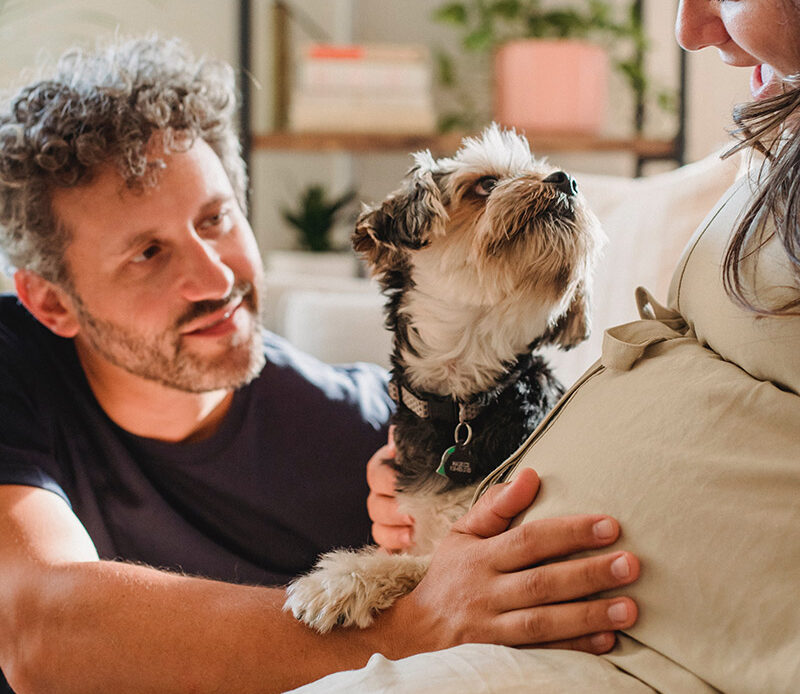
Their contact details are:
Alder Hey Children’s Hospital
Fetal Cardiac Nurse Specialists at Alder Hey Children’s Hospital (Liverpool)
0151 252 5642
Messages left are checked daily at midday (except bank holidays and weekends)
- Gill McBurney
- Marie Murphy
Royal Manchester Children’s Hospital
Fetal Cardiac Nurse Specialist at Royal Manchester Children’s Hospital (Manchester):
0161 276 6385
Messages are taken by the fetal medicine office and passed on to the nurse specialist:
Clair Noctor
What happens next?

You may need extra scans and checks during your pregnancy

You will continue with your normal pregnancy care at your local hospital
Seen regularly by the Fetal Medicine Team and a plan will be made for the delivery of your baby *
* This is especially important if your baby doesn’t arrive as expected and you deliver in a different hospital than was first planned. You must show this plan to the delivery team looking after you and your baby.
What happens after your baby is born?

My baby has a heart problem. They don’t need treatment straight after they are born.
You have been told that your baby has a heart problem. They do not need immediate treatment as soon as they are born. It is likely that you will be able to have your baby at your local maternity hospital as normal.
Once your baby has been born, they will be checked by a local Consultant who has a special interest in babies with heart problems. Your baby will be seen in a local cardiac clinic to see how they are doing.
It is possible that your baby will do well and will not require any immediate procedures or operations and treatment may be planned at a later stage in their life. Some babies do not need any procedures or operations during childhood.

My baby has a serious heart problem. I am planning to have my baby at St Mary’s Hospital in Manchester.
You have been told that your baby has a serious heart problem that may need urgent treatment after they are born. You may be advised to have your baby at St Mary’s Hospital in Manchester. They have specialist heart doctors on site who can monitor your baby’s heart condition carefully.
When the time is right, they will discuss your baby’s medical condition with the specialist heart team at Alder Hey Children’s Hospital to plan their further treatment. This may involve being transferred to Alder Hey Children’s Hospital for an operation or a procedure.
To find out about the neonatal intensive care unit at St Mary’s Hospital click here: Newborn Services - Saint Mary's Hospital (mft.nhs.uk)

My baby has a serious heart problem and they may need urgent treatment soon after they are born. I am planning to have my baby at The Liverpool Women’s Hospital.
You have been told that your baby has a serious heart problem that needs immediate treatment soon after they are born. You may be asked to have your baby at The Liverpool Women’s Hospital. This is to make sure they receive the right care and can be taken to Alder Hey Children’s Hospital safely and quickly after being born.
To find out about the neonatal service at The Liverpool Women’s Hospital click Here: Neonatal Care - Liverpool Womens NHS Foundation Trust
Your child needs an operation or a procedure

My child needs an operation
When your baby needs an operation you will be given lots of information and support. Here is the leaflet explaining what is involved. Please speak to your nurse specialist to help you understand what it means for you and your baby.

My child needs a procedure
When your baby needs a procedure you will be given lots of information and support. Here is the leaflet explaining what is involved. Please speak to your nurse specialist to help you understand what it means for you and your baby.
What questions should I ask
Sometimes it can be hard to think clearly to ask the right questions. You will have lots of opportunities to do this so take your time and contact the team whenever you need any help. The following list may help you get started.
What is the name of the heart problem?
Can you explain it to me and draw a diagram?
How do you treat this condition?
Will my baby need to have an operation or a procedure soon after birth?
What will happen after my baby is born and can I stay with them?
How quickly do babies get better after an operation?
Will my baby grow and develop normally?
Will my child grow to be an adult and what should they expect?
What is the quality of life like for children with this condition?
What questions should you ask?

How do I know that my baby is going to receive the best care?
The diagnosis and treatment of heart problems have improved over the past few decades with major advances in both surgical and keyhole (catheter) procedures.
Surgical outcomes in the UK are some of the best in the world. 95% of children born with a heart problem survive into adult life. There are now specialist adult congenital heart services in the UK to look after adults who have grown up with a heart problem.
You can have a look at the data from congenital heart centres in the UK by clicking here: National Congenital Heart Disease Audit (NCHDA) - NICOR

Can I get a second opinion?
Rarely the baby’s heart condition can be very complicated. When this happens the decision as to how best to treat them may not be straight forward. Sometimes a second opinion from another congenital heart centre in the UK might be helpful. The team will discuss with you what options are available and will help organise this for you if needed.
Other useful links
Useful links
Tiny Tickers
ARC
Little Hearts Matter
Congenital Heart Disease Guidance for parents
Children's Heart Federation
Spoons Neonatal Family Support
Please click here for more charities that you may find helpful.
Click here to view our Patient Information leaflets.
Please take a look at our Patient and Public Voice Group page to see what they do and how to get involved.
